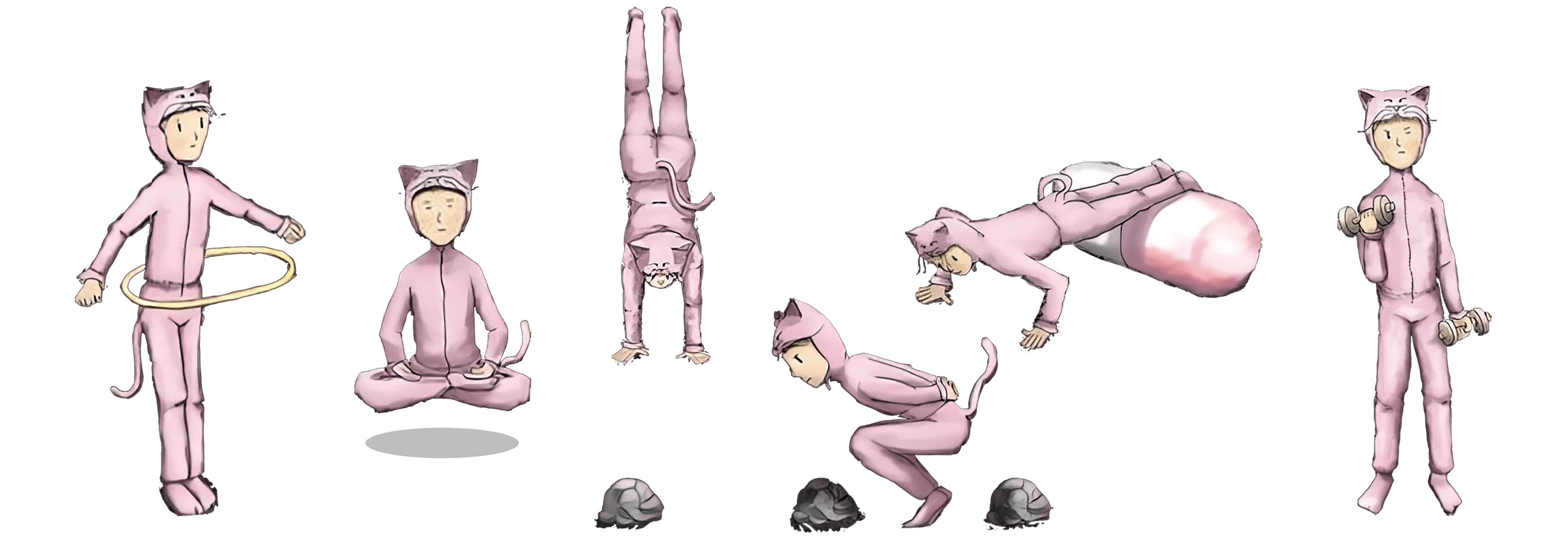

In principle, insomnia is a combination of “poor sleep” and “daytime fatigue.” Both elements need to be present to justify labeling the problem as insomnia. For example, some people do not sleep much, but they feel fine. They do not suffer from insomnia.
“Poor sleep” may fall into one or more of four patterns, you may
- be unable to go to fall into sleep within 30 minutes of going to bed;
- be awake and unable to sleep for more than 30 minutes during the night, including waking up very early and not being able to go back to sleep;
- sleep restlessly with many brief awakenings; and/or
- sleep for a total of less than six and a half hours nightly.
“Daytime fatigue” has one or more of the following characteristics. During the day, you may feel
- physically tired,
- unable to concentrate,
- depressed,
- irritable, and/or
- lethargic.
Insomnia is not dangerous in the sense of being immediately life-threatening, but it is very unpleasant and may induce stress and even depression on the some sufferers.
Stress
Stress and insomnia could be interrelated. An already distressed person may add on to their worries about not being able to sleep well. A stress management programme would be necessary to help eliminate excessive worries.
Some physical problems
Sleep disorders such as sleep apnea and nocturnal myoclonus problems can induce physical pain or illness. If you are suffering from a sleep disorder, consult your doctor.
Poor sleeping habits
Your body functions on natural rhythms or cycles, often repeating every 24 hours. Disturbed biological cycles can upset you in a number of ways, as if you are suffering from a jet-lag. Therefore, it is important to maintain a stable pattern of sleep and wake up times.
Using your bed for other activities
This can tense you up as you keep your mind busy thinking about something else then to get a tranquil, relaxed sleep. Couples?discussion on relationship problems in bed before sleep is not a good way to relax.
Eating or drinking
Eating very rich or spicy food or having caffeinated drinks can stimulate body regulation and upset sleep. Alcohol has suppressing effects, as it interferes with sleep and worsens sleeping problems.
Sleeping pills
Although this may sound odd, research has suggested that sleeping pills may cause sleeping disturbances. To be specific, sleeping pills may increase the total amount of sleep you get, yet they change the nature of your sleep. It prevents you from having deep sleep, as a result of day-time fatigue.
- Use the bed for sleeping only. Never bring work and stress to your bed.
- If you fail to fall asleep after 20 minutes, do not stay in the bed. You may try some relaxing activities in order to distract yourself from being too concentrated on forcing yourself to fall into sleep.
- Exercising can help. Do it 4 to 6 hours before sleep.
- Keep sleep and wake up times stable.
- Relax yourself before sleep. Avoid exciting activities.
- No coffee, alcohol, or smoking before sleep.
- If sleep disturbances last over 2 months, you may need to see the doctor.
- Many people have their own way to help themselves to sleep. Some may take a hot foot bath, drink hot milk, read, or listen to music. Try out ways that work best for you from your experiences.
References:
Montgomery, B. & Evans, L. (1993). (2nd ed.). You and stress. Melbourne: Viking O’Neil.
Morin, C.M., Hauri, P.J., Espie, C.A., Spielman, A.J., Buysse, D.J., & Bootzin, R.R. (1999). Nonpharmacologic treatment of chronic insomnia, Sleep, 22(8).
